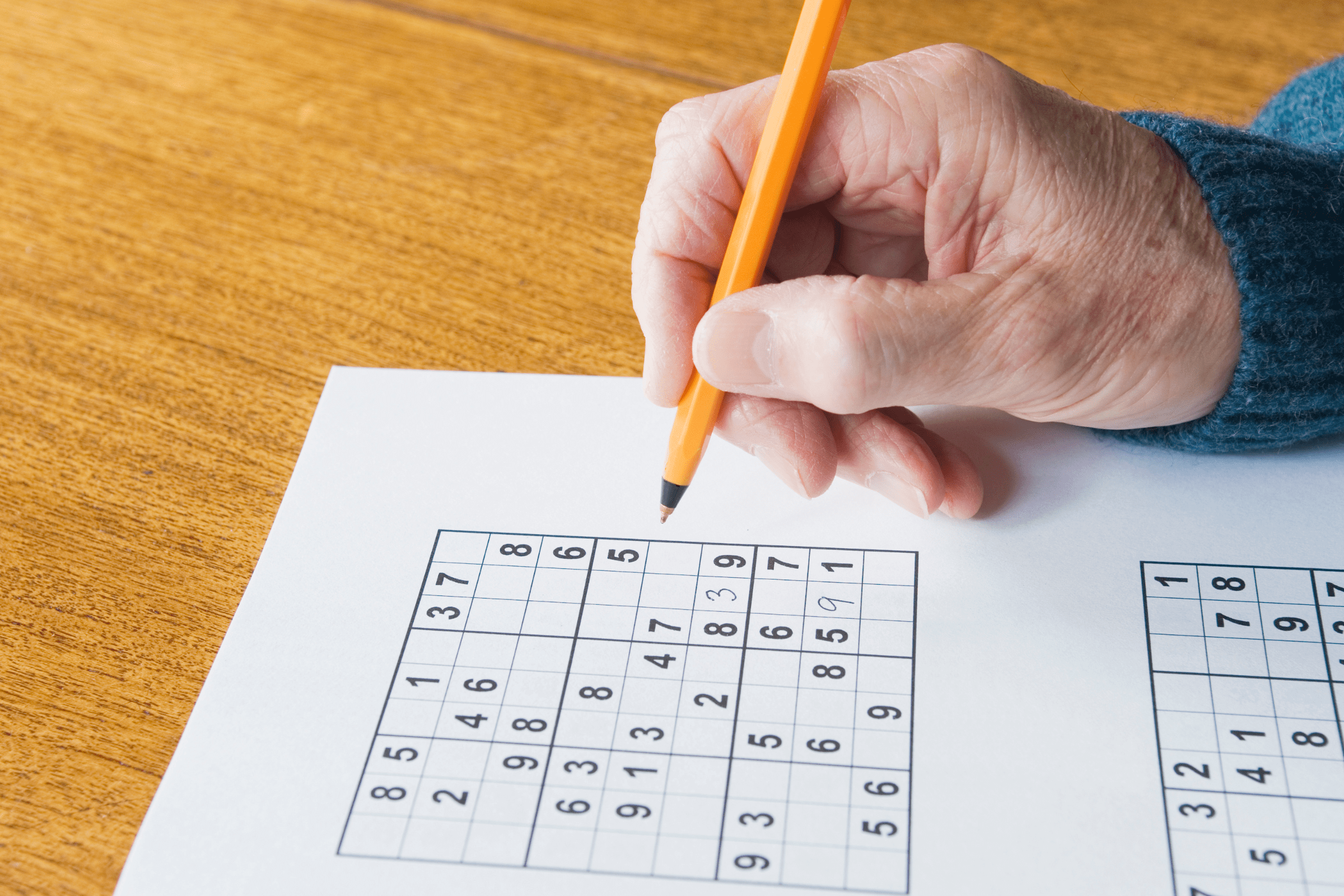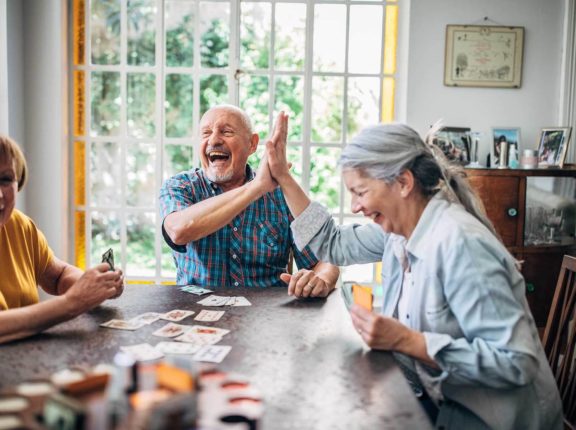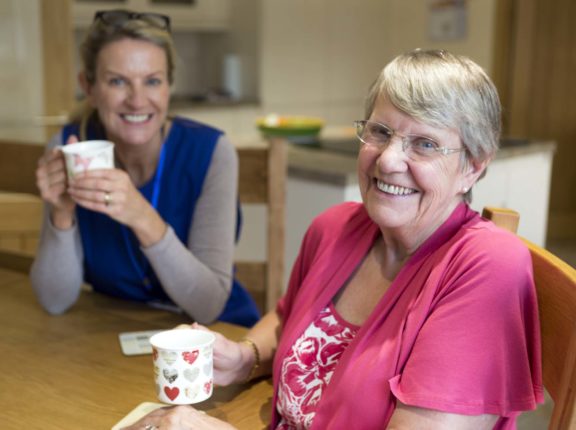Keeping your brain healthy is essential for living a fulfilling and long life. Maintaining good brain health may reduce your risk of developing dementia later in life. Other than a balanced diet and plenty of exercise, training your brain through mind games can also be beneficial. These games can help improve cognitive function, memory, and attention. Here is the breakdown of our favourite games and activities for improving brain health.
Crossword Puzzles
Crossword puzzles require vocabulary and memory skills to complete. They challenge the mind and can help improve overall cognitive function. Also, when you search your mind for certain words you can trigger memories that can make you happy. Better yet, you can find a crossword almost anywhere, including daily newspapers, activity books and online.
Sudoku
Sudoku is a Japanese number puzzle where numbers from one to nine are arranged on a grid, the challenge being that the same number cannot appear in the same square or line more than once The name ‘Sudoku’ is an abbreviation from the Japanese phrase “suuji wa dokushin ni kagiru”, meaning “the numbers (or digits) must remain single”.
A popular and challenging puzzle, Sudoku is often seen next to crosswords in the game’s sections of newspapers. There are many benefits to playing Sudoku, including, improvement in memory & recall, boost logical thinking, develop quick thinking and problem-solving skills.

Chess
Chess is widely praised for its many benefits for the brain and mind. It is believed to support cognitive development, memory improvement, concentration, focus, creativity, and planning. Additionally, it is thought to enhance analytical and logical thinking, patience, perseverance, and social and emotional skills.
Jigsaw Puzzles
Whether simple or complex, jigsaw puzzles are fantastic ways to fill in time and practice strategy and problem-solving skills. Did you know that puzzles can also help people relax, by lowering blood pressure and slowing breathing? Second-hand shops, dollar stores and most major retailers, stock jigsaw puzzles of varying difficulty and style.
Arts and Crafts
From model building to knitting, arts and crafts are not only great for cognitive training, they also lead to the creation of something new. Whether it’s a knitted scarf, or model aircraft, it’s living proof of the new skills you’ve worked hard to develop. Studies have also found participating in certain arts and crafts can improve empathy, self-esteem, and resilience and reduce anxiety. If you’re lucky enough to live in a crafty community, there are plenty of group classes and clubs you can join. Being part of a club reduce feelings of isolation, and offer the opportunity to share and learn new skills.
If you don’t have any groups near you, consider creating your own or crafting solo. There are plenty of online tutorials on various types of arts and crafts on YouTube.

Apps
Finally, brain training apps are becoming increasingly popular among seniors. These apps offer a variety of games and exercises designed to improve cognitive function. They are easy to use and can be accessed from a smartphone, tablet, and computer. Games like the ones already mentioned in this blog can be downloaded onto devices to be enjoyed on the go. We’ve chosen a few of our favourite brain training apps, all of which are free to download but may have paid features.
Lumosity
Lumosity is a mobile and web-based cognitive training app with a large library of short and light exercises. Each exercise focuses on a different training area, these areas being, speed, memory, attention, cognitive flexibility, problem-solving, word and maths. Each game is scored as it’s played, providing insight into how you performed and what areas need improvement.
Wordle
Here’s a fun puzzle game that challenges players to guess a five-letter word using only six attempts. Correct letters are highlighted in green or yellow. The game was first available as a daily web-based challenge, but now you can play multiple words per day on the app. It’s a great way to improve your vocabulary, problem-solving abilities, and spelling skills.
Your brain, like the rest of your body, thrives on being active and challenged. Why not try a couple of these activities and see what works for you!




